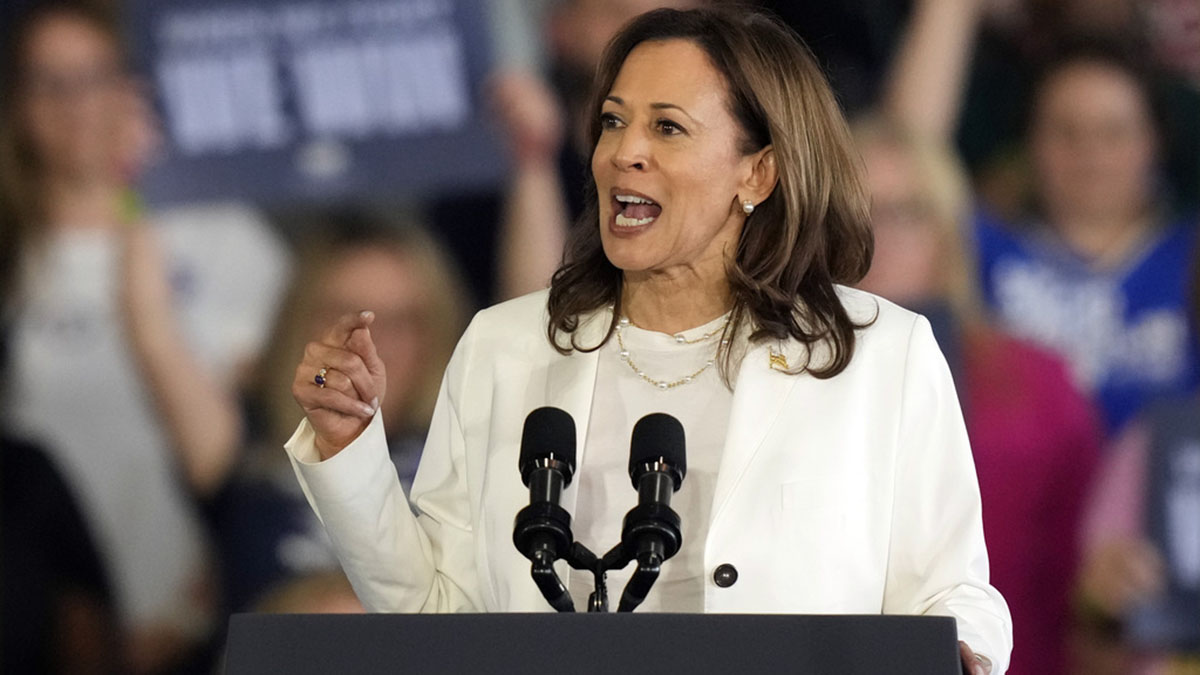Kamala Harris’ loss in the 2024 presidential election is more than a setback for the vice president. It’s a wake-up call for the Democratic Party. Her defeat highlights a bigger issue: the diminishing influence of legacy Democratic leaders as the party’s core voter base shifts. Once-powerful endorsements from figures like Jimmy Carter, Barack Obama and Bill Clinton no longer resonate with an electorate seeking fresh ideas and bold policies revealing an urgent need for the party to realign with its evolving supporters.
Waning power of legacy endorsements
Jimmy Carter: Just before his 100th birthday, Carter’s endorsement of Harris was heartfelt, symbolising his enduring loyalty to the party. But it also pointed out to a stark reality—while Carter is revered, his influence has faded with time. Known for his commitment to diplomacy and human rights, Carter represented an era when idealism thrived. Yet, in today’s polarised climate, his support did little to sway voters, particularly younger ones focussed on immediate issues like economic justice and climate action.
Barack Obama: Once the face of transformative hope and change, Obama’s endorsement carried symbolic weight but fell short of bridging the divide between the Democratic establishment and its younger, more progressive base. Though his presidency introduced historic reforms, such as the Affordable Care Act, the political scenario has shifted dramatically since. For many younger voters, Obama’s brand of optimism seems less relevant to their current concerns. Harris’ loss suggests that even Obama’s influence is not enough to unify a party grappling with new priorities and internal divisions.
Bill and Hillary Clinton: Known for their centrist “New Democrat” approach, the Clintons represented a Democratic strategy that once sought to balance economic growth with social progress. Yet their influence now seems disconnected from a base leaning progressive. Bill Clinton’s policies of deregulation and global markets are increasingly seen as outdated, while Hillary’s 2016 loss to Trump revealed her difficulty connecting with a changing electorate. Their endorsement of Harris showed the fading power of the party establishment, especially among younger voters more inspired by grassroots leaders like Bernie Sanders.
Impact Shorts
More ShortsA party at a crossroads
Harris’ defeat sheds light on a critical issue: the Democratic Party’s struggle to energise its own supporters. Despite endorsements from key former leaders, Harris failed to galvanise voters who feel disillusioned with a political system they believe is unresponsive to their needs. As Democratic legacy figures recede, the party must decide whether it will evolve with its supporters or risk losing touch altogether.
)